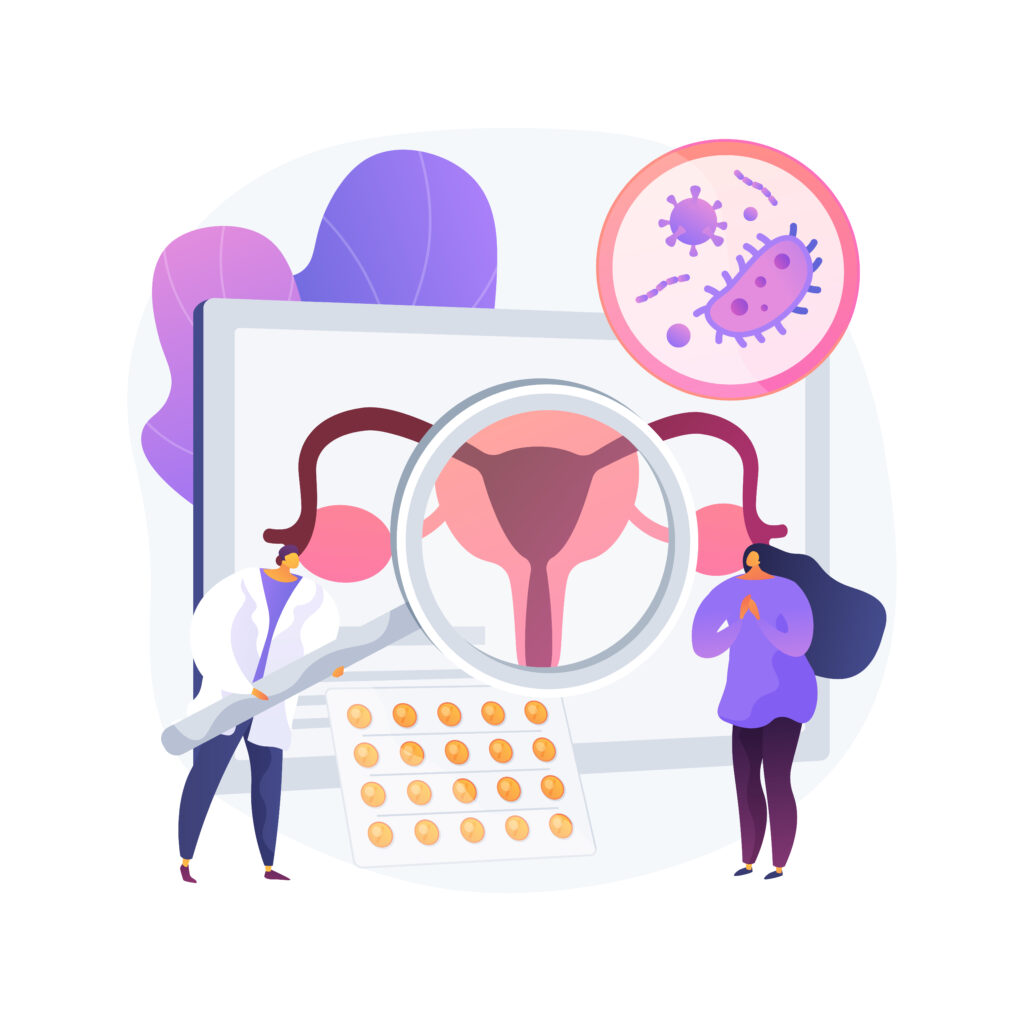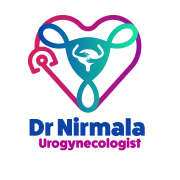Sexually Transmitted Infections (STIs)

Sexually Transmitted Infections (STIs) are infections that spread through sexual activity, including vaginal, anal, or oral sex. These infections can be caused by bacteria, viruses, or parasites and can lead to various health complications if left untreated. Understanding the causes, symptoms, and available treatments for STIs is crucial for prevention and management.
Causes of Sexually Transmitted Infections: STIs are typically spread through unprotected sexual contact with an infected individual. Common causes include:
- Bacteria: Examples of bacterial STIs include chlamydia, gonorrhea, and syphilis.
- Viruses: Viral STIs include human papillomavirus (HPV), herpes simplex virus (HSV), human immunodeficiency virus (HIV), and hepatitis B and C.
- Parasites: Trichomoniasis is an example of a parasitic STI caused by the parasite Trichomonas vaginalis.
Risk factors for acquiring STIs include having unprotected sex, having multiple sexual partners, engaging in high-risk sexual behaviors, and using intravenous drugs.
Symptoms of Sexually Transmitted Infections: The symptoms of STIs can vary depending on the type of infection and may include:
- Genital discharge
- Pain or burning during urination
- Genital itching or irritation
- Sores, blisters, or ulcers on the genitals or mouth
- Pain during sexual intercourse
- Lower abdominal pain or pelvic discomfort
- Swollen lymph nodes in the groin area
- Flu-like symptoms such as fever, fatigue, and body aches
However, many STIs may not cause any symptoms, especially in the early stages, which can make them difficult to detect without testing.
Common Treatments for Sexually Transmitted Infections:
Antibiotics: Bacterial STIs such as chlamydia, gonorrhea, and syphilis are typically treated with antibiotics. The type and duration of antibiotic treatment may vary depending on the specific infection and its severity. It’s essential to complete the full course of antibiotics as prescribed by a healthcare provider, even if symptoms improve.
Antiviral Medications: Viral STIs such as herpes simplex virus (HSV), human papillomavirus (HPV), and HIV are managed with antiviral medications. While these medications cannot cure the infection, they can help manage symptoms, reduce viral shedding, and prevent complications. In the case of HIV, antiretroviral therapy (ART) is used to suppress the virus and maintain immune function.
Antifungal Medications: Fungal infections such as yeast infections, which can occur in the genital area, are treated with antifungal medications such as fluconazole or topical antifungal creams.
Treatment for Parasitic Infections: Parasitic STIs like trichomoniasis are treated with prescription oral medications such as metronidazole or tinidazole. Partners should also be treated simultaneously to prevent reinfection.
Vaccination: Vaccines are available for certain STIs, including human papillomavirus (HPV) and hepatitis B. Vaccination can help prevent infection and reduce the risk of associated complications, such as cervical cancer in the case of HPV.


